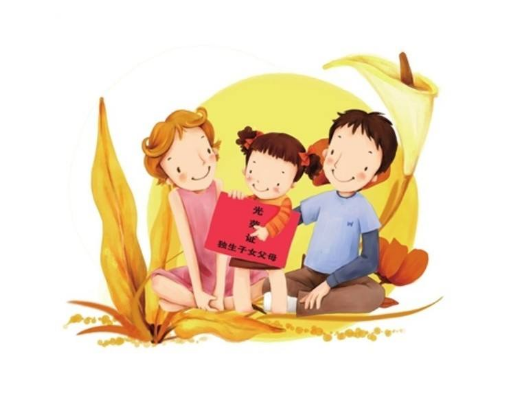家庭变化英语作文
编辑:zhangmi 成考报名 发布时间:01-04 阅读:
家庭变化英语作文

I live with my father and mother in a very big house in Dongguan. My parents are both very busy. They leave for work very early in the morning and don’t return home until late in the evening.
When I am home on weekends from school, we spend a lot of time together. We talk about my studies, my health and my school life. I love my parents very much.
My grandparents are still living, but they don’t live with us. Their health is good and they both do sports very early in the morning. My grandmother does gymnastics with elderly women her age in the park. Both of my grandfathers play basketball in the morning and sometimes they go swimming.
Chinese people eat rice for every meal, but I don’t like rice because I think it is tasteless! We eat meat, fish and vegetables. My family eats noodles and congee. My favorite is noodles.
I often play computer games because I like it so much. I often watch Japanese cartoon movies with my parents on the weekends. On long holidays we take trips, too.
That is my description of typical family life in China.
家庭变化英语作文
Most Chinese agree the family is undergoing tremendous change. But views on what that means run the gamut. Some feel society is headed for serious disorder due to a loss of values like sacrifice, family loyalty, and fidelity. Others see a better China emerging after a period of shakeout, with greater choice and maturity.
At one level, the fight is between traditionalists and progressives. Many of the former feel that an avaricious new money culture will corrupt China and send it into uncharted waters. They see women becoming sex objects and couples devaluing each other. They see the years from 1950 to 1980 as a stable period of happiness, when moral values were predominant and families found meaning in serving the state.
"The opening up of the 1980s is only now showing itself in the way wives and husbands are chosen," says Xia Xueluan, a professor at Beijing University. "Now, when a girl meets a boy the first question is, 'Do you have a house? Do you have a car?' This causes great strains in marriages, and on husbands, to produce income. I'm worried."
Progressives feel that few Chinese want to lose recent gains like choice. Both sexes are more liberated, they feel. In the past, marriage was limited by family background. Divorce was not allowed, often not even in abusive, dead-end situations.
"In the past, there was no money and people were forced to rely on others. The choice for a better life was simple: struggle for food and shelter," says Dong Zhiying with the Chinese Academy of Social Sciences. "We all lived together and ate at the same table; we had 'salty or sweet' depending on what was available. Now you can order your own dishes."
Many in China do feel problems with the money culture are underestimated, but don't want a return to state dictates in their private lives. They feel that an obsession with grades, colleges, and jobs has led parents to ignore a traditional emphasis on good behavior, modesty, and politeness. They are troubled by studies showing rising levels of early teen sex and recent cases of teens involved in homicides. They want a form of new moral education that teaches a humane social contract.
家庭变化英语作文
For centuries one family type existed here: patriarchy. The wife went to live with the husband's family. Family was a male hierarchy, practical, based on need. It offered food, shelter, status, regeneration.
After 1949 the family was turned toward nation-building, and it served the state. But despite dramatic laws making husbands and wives equal in theory, the basic family structure survived. Two things changed that: the "one child policy" and Deng Xiaoping's epic liberalizing in 1979.
From then on everything accelerated, including the state's withdrawal from people's family lives and an end to the patriarchal structure.
You can barely find a patriarchal family in the city now. Sixty percent of Beijing families are nuclear, run by husband and wife. In Chinese tradition, you need a male heir to carry on the name. You bear children until there is a son; it is extremely important for identity. Yet now 50 percent have no son, and many don't worry about it.
China is now 15 years into an economic "miracle" made possible by the combination of endless cheap labor, a colossus of east coast factories, and by a national capacity for organization and adaptability. The ability to earn enough to buy a car and apartment in the city has created new alternatives and expectations. Many younger Chinese talk about education, travel abroad, fulfillment, and spirituality - as well as work. Families in the city are now accommodating a culture of cellphones, a drying up of the number of aunts and uncles in the family, and acceptance of divorce.
